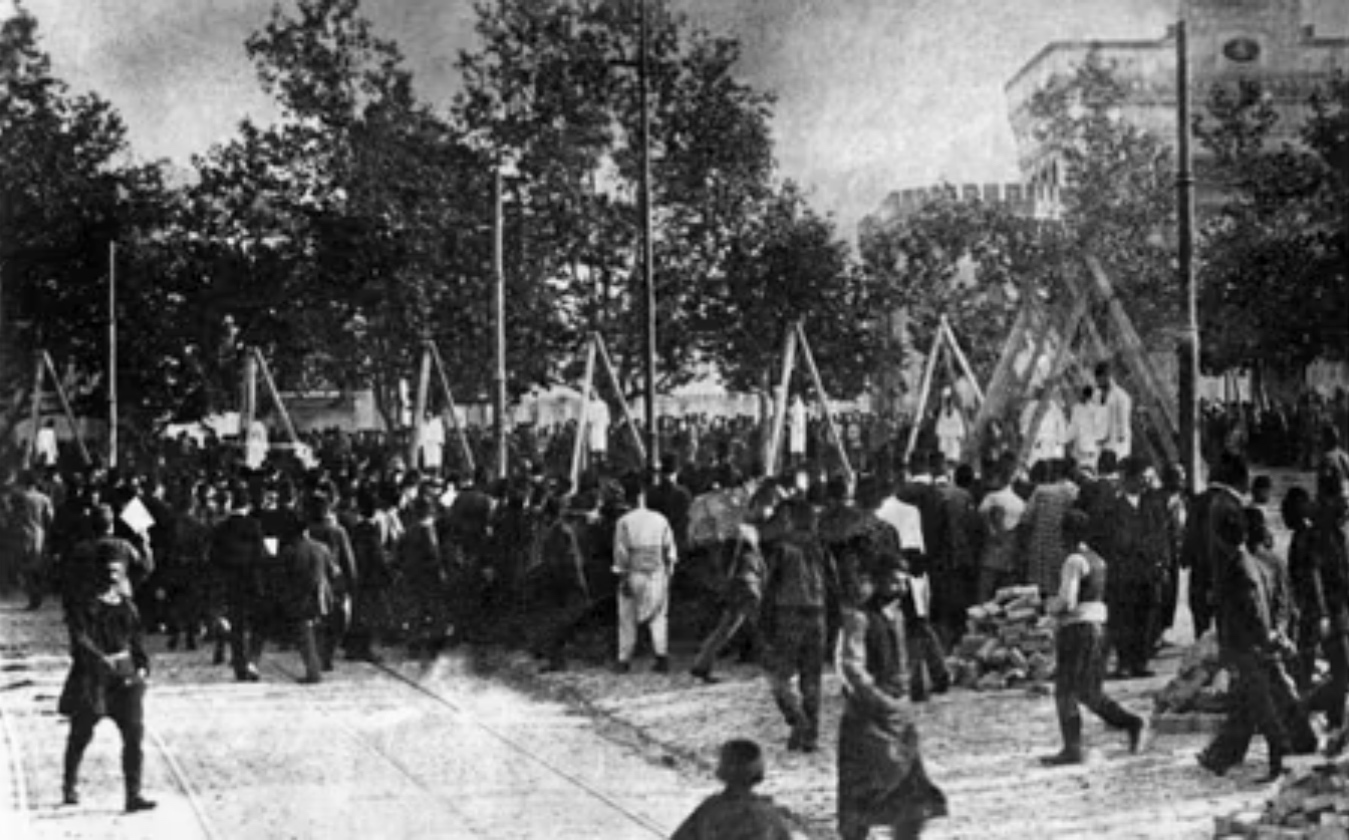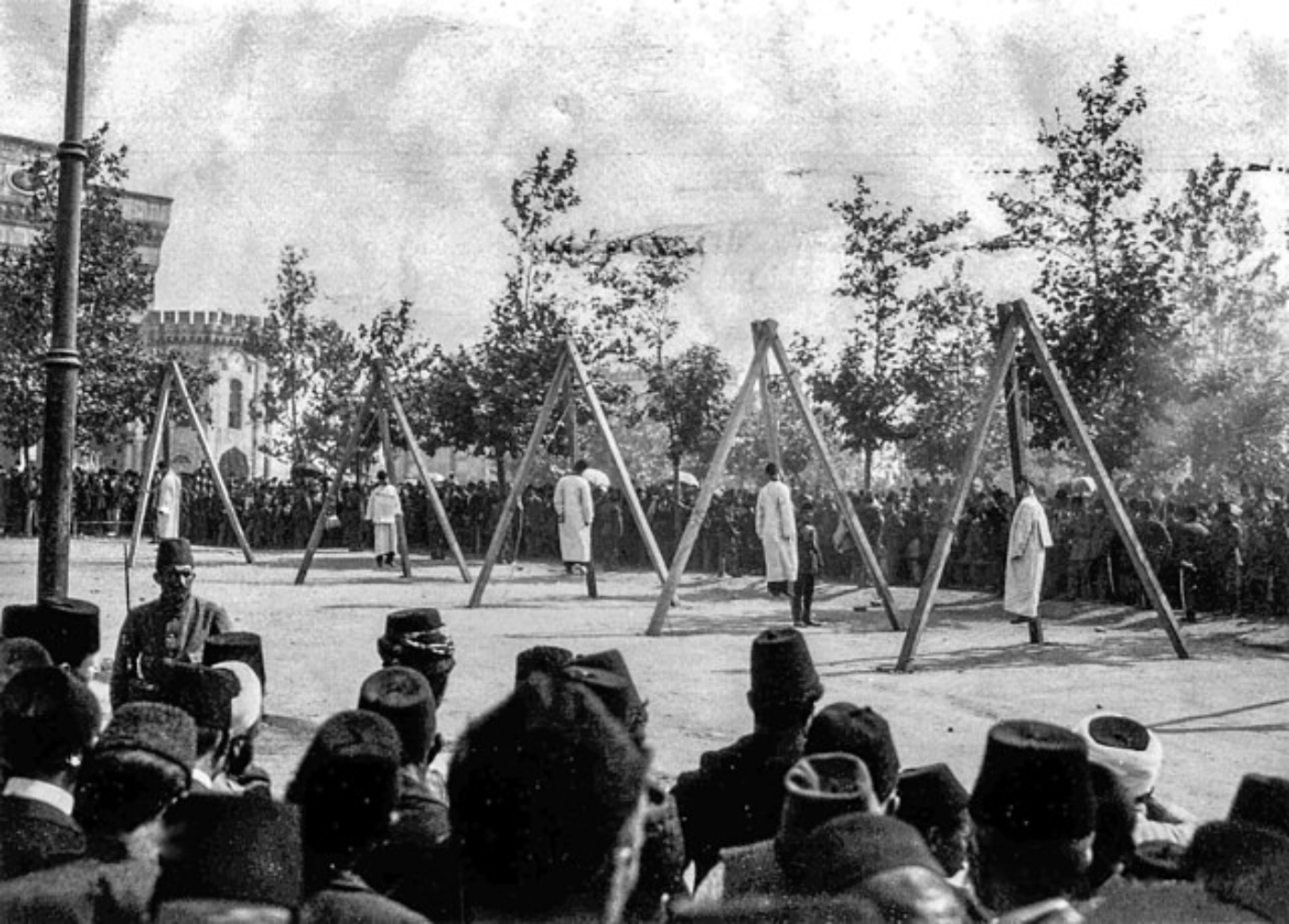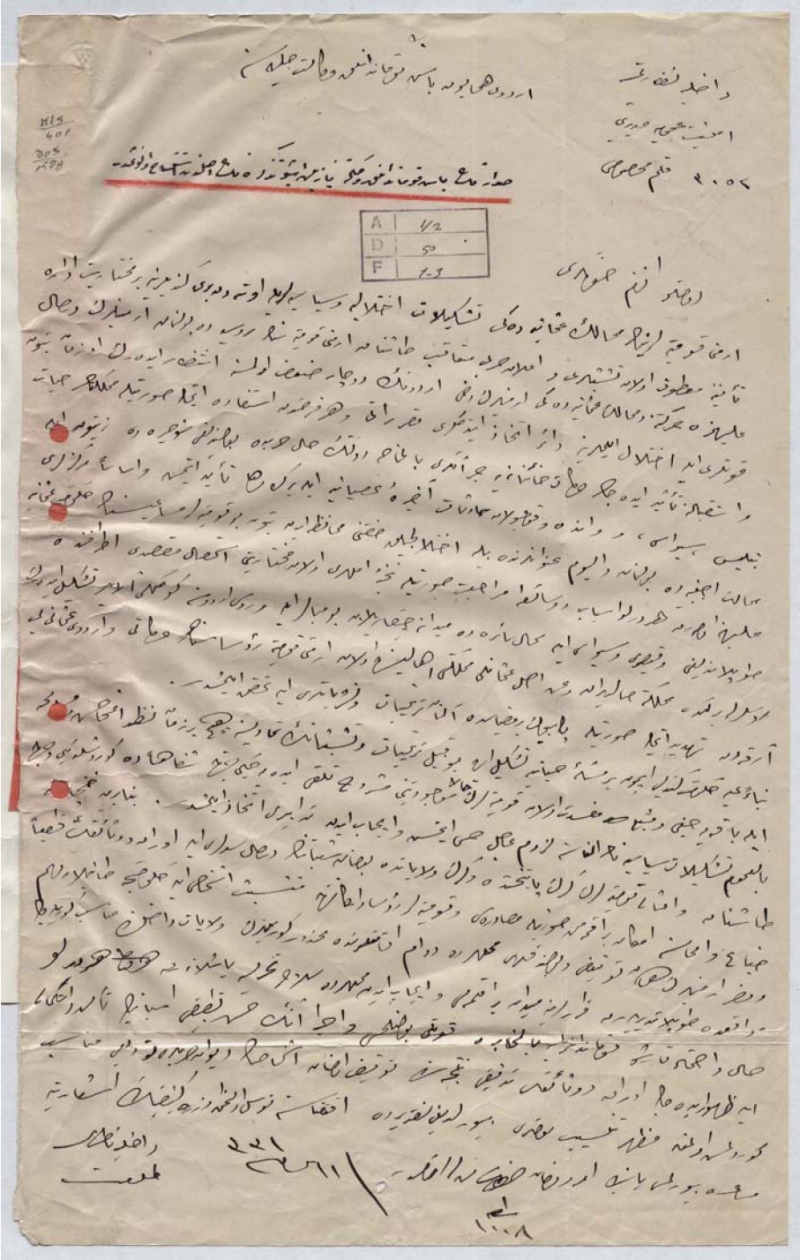the Armenian Genocide
The Beginning: Arrests and Deportations (April 24, 1915)
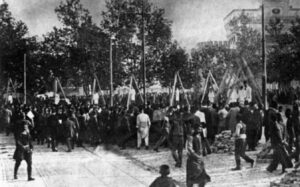
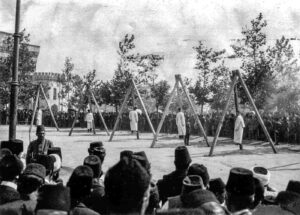
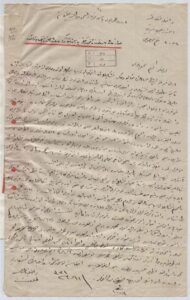
On the night of April 24, 1915, the Ottoman government initiated the first phase of the Armenian Genocide with a calculated and brutal maneuver: the arrest of hundreds of Armenian intellectuals, political leaders, clergy, journalists, and cultural figures in Constantinople (modern-day Istanbul). These individuals represented the backbone of Armenian society—the thinkers, organizers, and voices of a people whose historical presence in the region spanned millennia. Depriving the Armenian community of its leadership was a deliberate first step in a broader campaign of systematic annihilation.
Those arrested were deported to the interior of Anatolia, where they were either executed outright or perished under inhumane conditions. This targeted removal of Armenian intellectuals and leaders had a profound impact on the entire community. As such, the burden of survival, cultural transmission, and the preservation of identity was left upon the women who remained. Their deaths were not incidental but central to the Ottoman authorities’ genocidal blueprint—by eliminating the minds and advocates of Armenian identity, they sought to render the entire people defenseless, leaderless, and incapable of resistance. This was not simply repression; it was an act of erasure, ensuring that the Armenian population, having lost both male and female intellectual leadership, would be easier to target in the mass deportations and massacres that followed.
This date, April 24, 1915, would come to symbolize not only the beginning of the Armenian Genocide but also the resilience of the Armenian people. In the decades that followed, as survivors scattered across the world—many settling in the Middle East, Europe, and North America—the memory of this day became sacred. What was once a night of horror transformed into a day of remembrance, reflection, and defiance.
Each year, Armenians across the globe gather on April 24 to honor the victims and demand recognition of the Genocide that was denied for over a century. The day serves as both a solemn commemoration and a rallying cry against historical revisionism, ensuring that the truth of 1915 remains indelible. From the streets of Yerevan to the diasporan communities of Los Angeles, Paris, Buenos Aires, and beyond, April 24 has become a unifying moment for Armenians—a day when a fragmented people, shaped by exile and survival, reaffirm their collective identity and their unwavering pursuit of justice.

